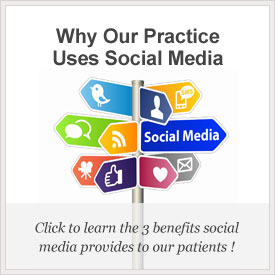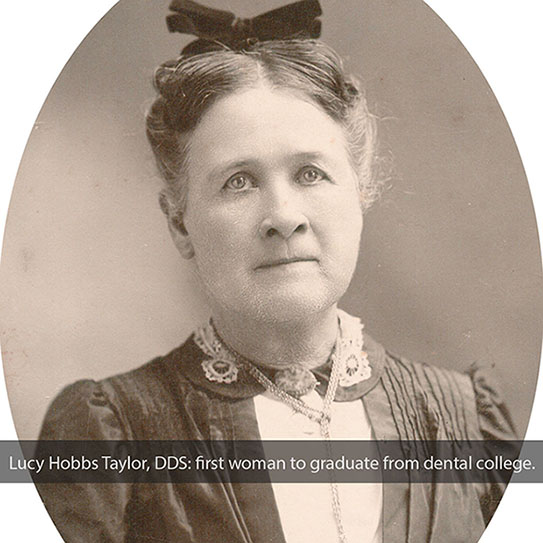The Tooth Fairy Then and Now

WE CAN ALL REMEMBER what it was like to put a baby tooth under the pillow and find a shiny quarter there in the morning. The Tooth Fairy is a prominent figure in the magic of childhood, and it’s fun to look at how cultures have approached lost baby teeth differently throughout history.
The Superstitions That Preceded the Tooth Fairy
Long before the Tooth Fairy was sneaking teeth out from under pillows, she was digging them out of the ground. Medieval Europeans would burn or bury baby teeth because they believed that a witch could control people if she got hold of their teeth.
In addition to protecting themselves from witches, kids would burn their baby teeth to help ensure a peaceful afterlife, because they might be doomed to an eternity of searching for their teeth as ghosts if they didn’t destroy them! That sounds pretty intense.
Unlike their neighbors to the south, the Vikings considered baby teeth to be good luck in battle — so much so that they would buy them so that they could wear necklaces made out of children’s teeth! That could either be very intimidating or very strange-looking — or maybe both.
Tooth Fairy…or Tooth Mouse?
The Tooth Fairy doesn’t look like Tinkerbell in every culture. Many Latin and European countries have a Tooth Mouse instead! She’s called Le Petit Souris in France, which translates to “the little mouse,” and like the Tooth Fairy, she swaps out teeth hidden under pillows for money or small gifts. In many Spanish-speaking countries, the Tooth Mouse is Raton Perez.
How Did We Come Up With the Tooth Fairy?
Like many of our traditions in the U.S., the Tooth Fairy has its roots in European folklore. The modern idea of the Tooth Fairy got its start in the early 1900s, and it was actually the beloved fairy characters popularized by Walt Disney that helped the idea gain enough traction to become what it is now.
Why Do We Need the Tooth Fairy?
We probably don’t “need” the Tooth Fairy, but losing a tooth can be a scary experience for many children, and having something magical like a reward from the Tooth Fairy to look forward can really help. They’ll have something to be excited about instead of focusing only on how much it might hurt to lose the tooth. But fantasy characters aren’t the only ones out there who can help with children’s tooth concerns: dentists can too!
















My daughter and I love going to see Dr Aparna Sadineni and her professional staff. We never have to wait and the staff knows us like a second family. I highly recommend this office!